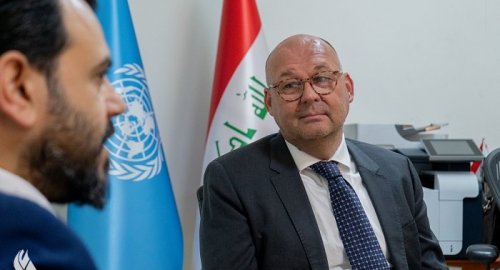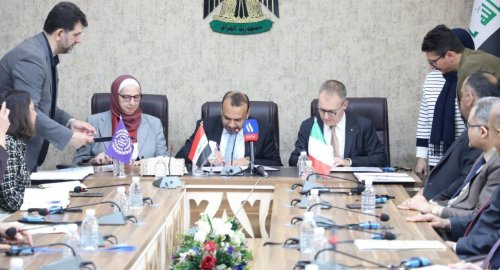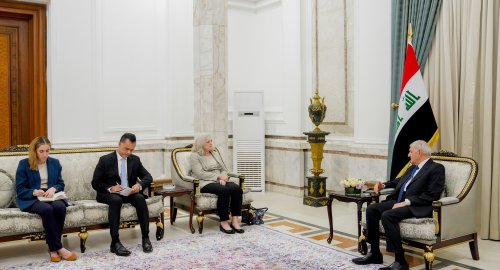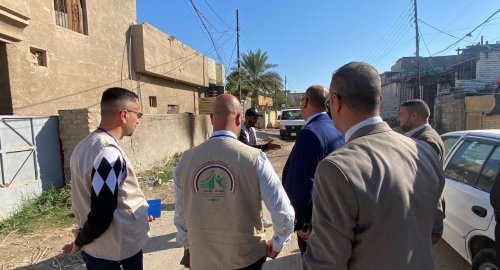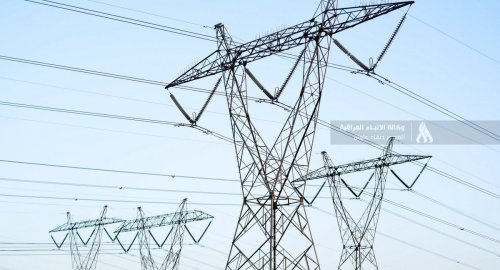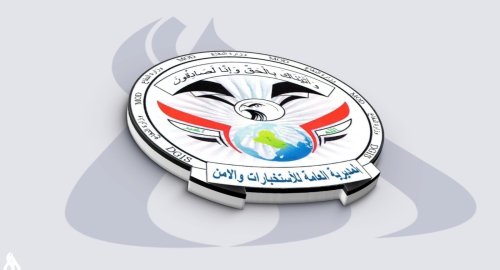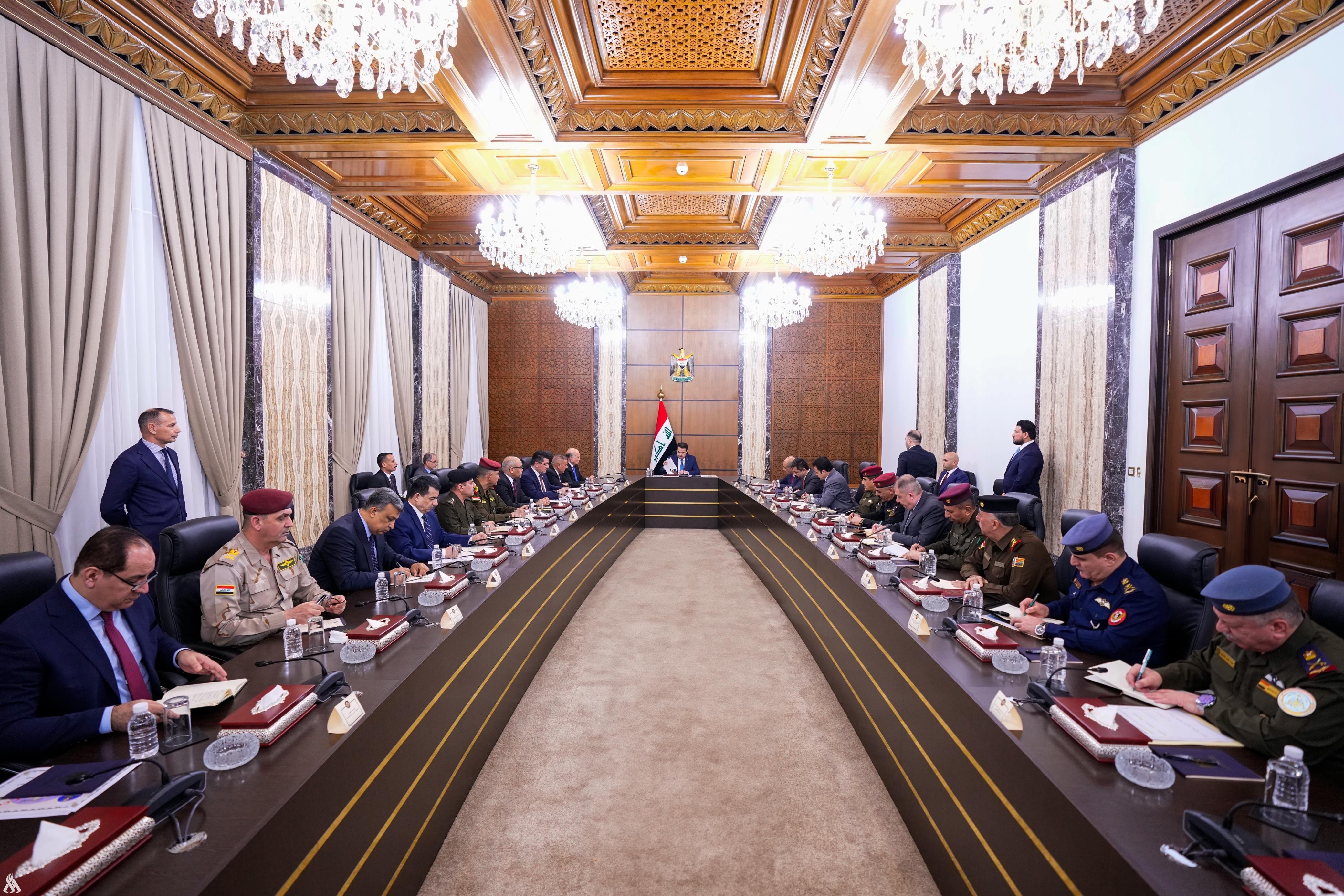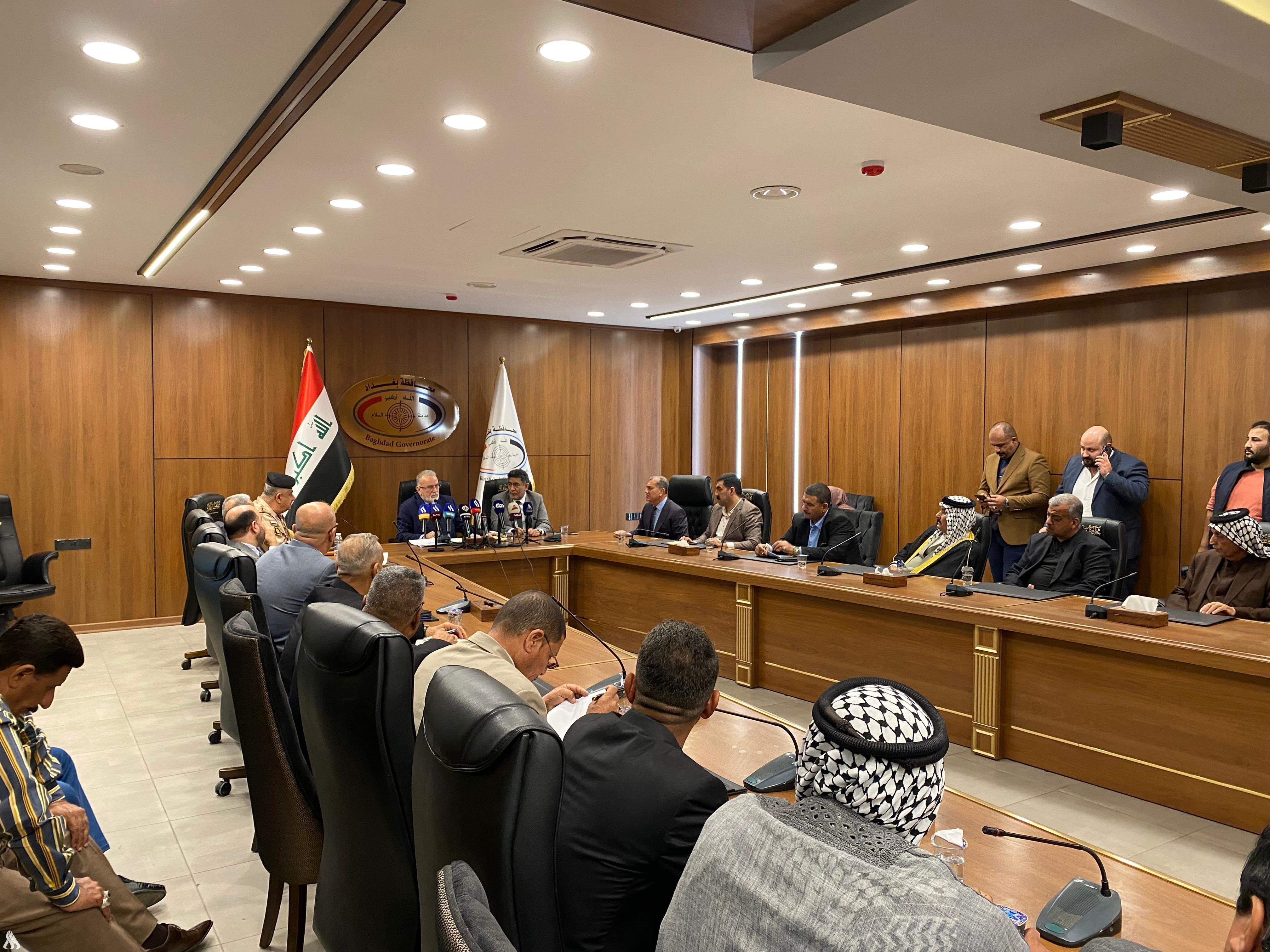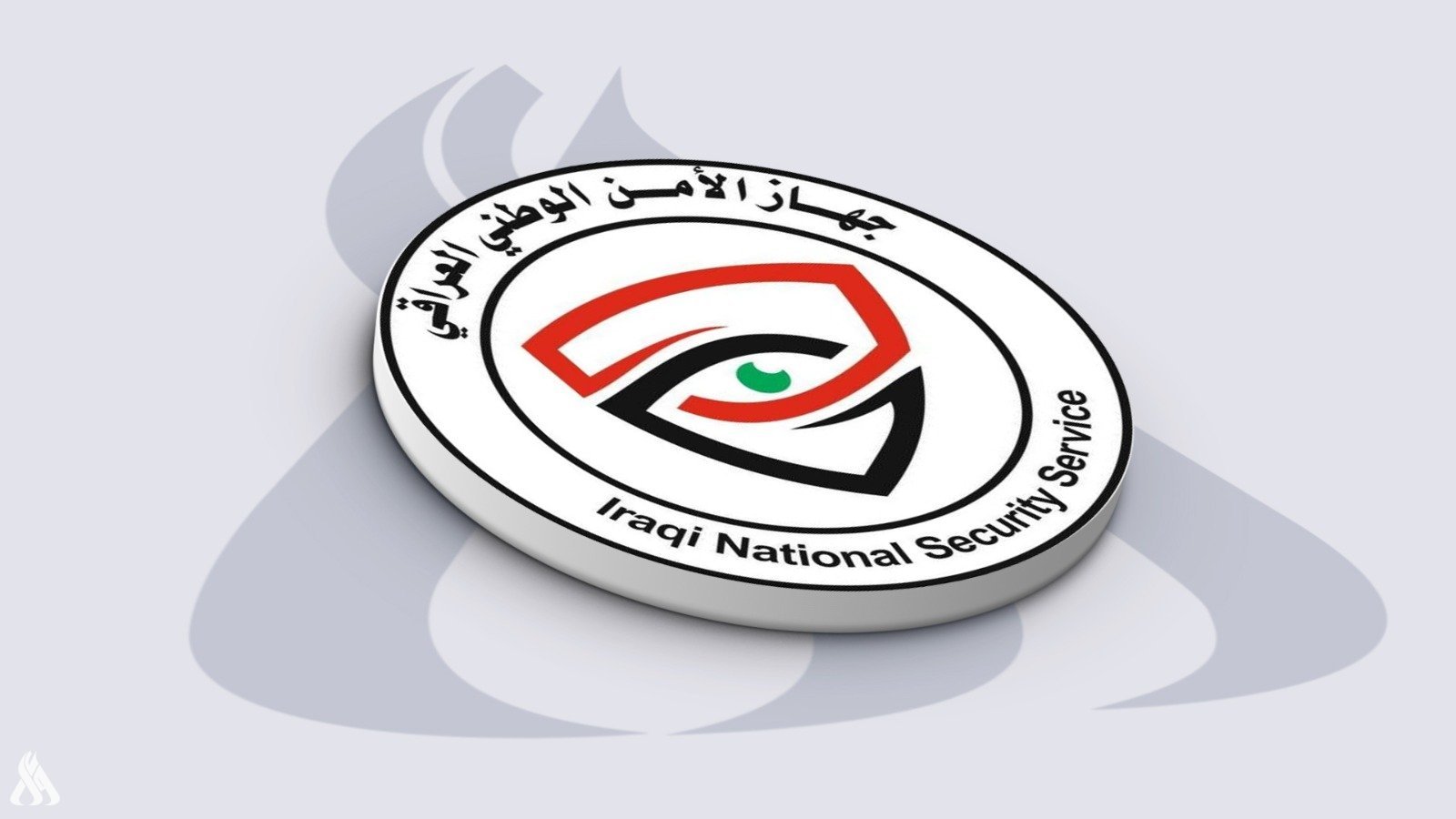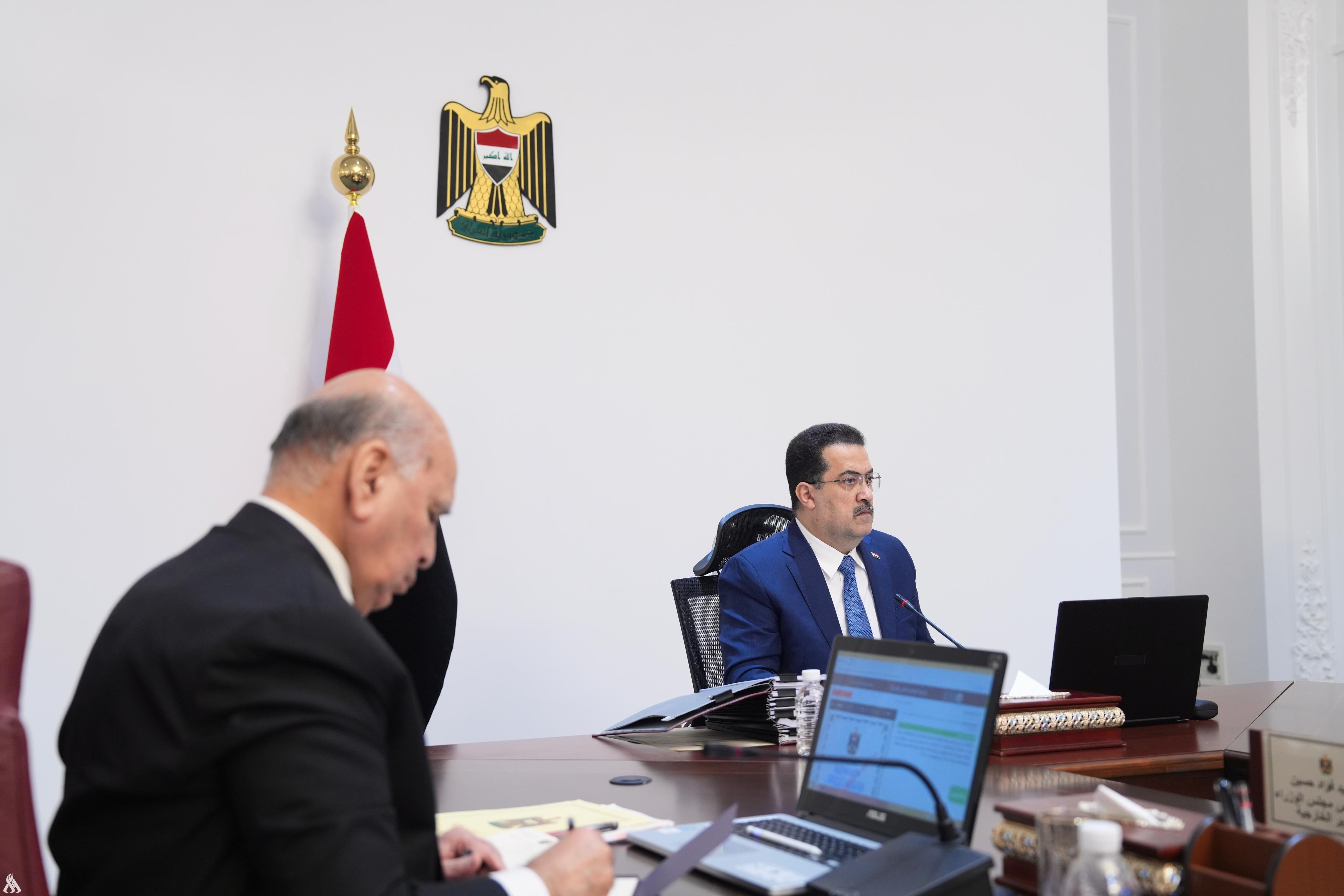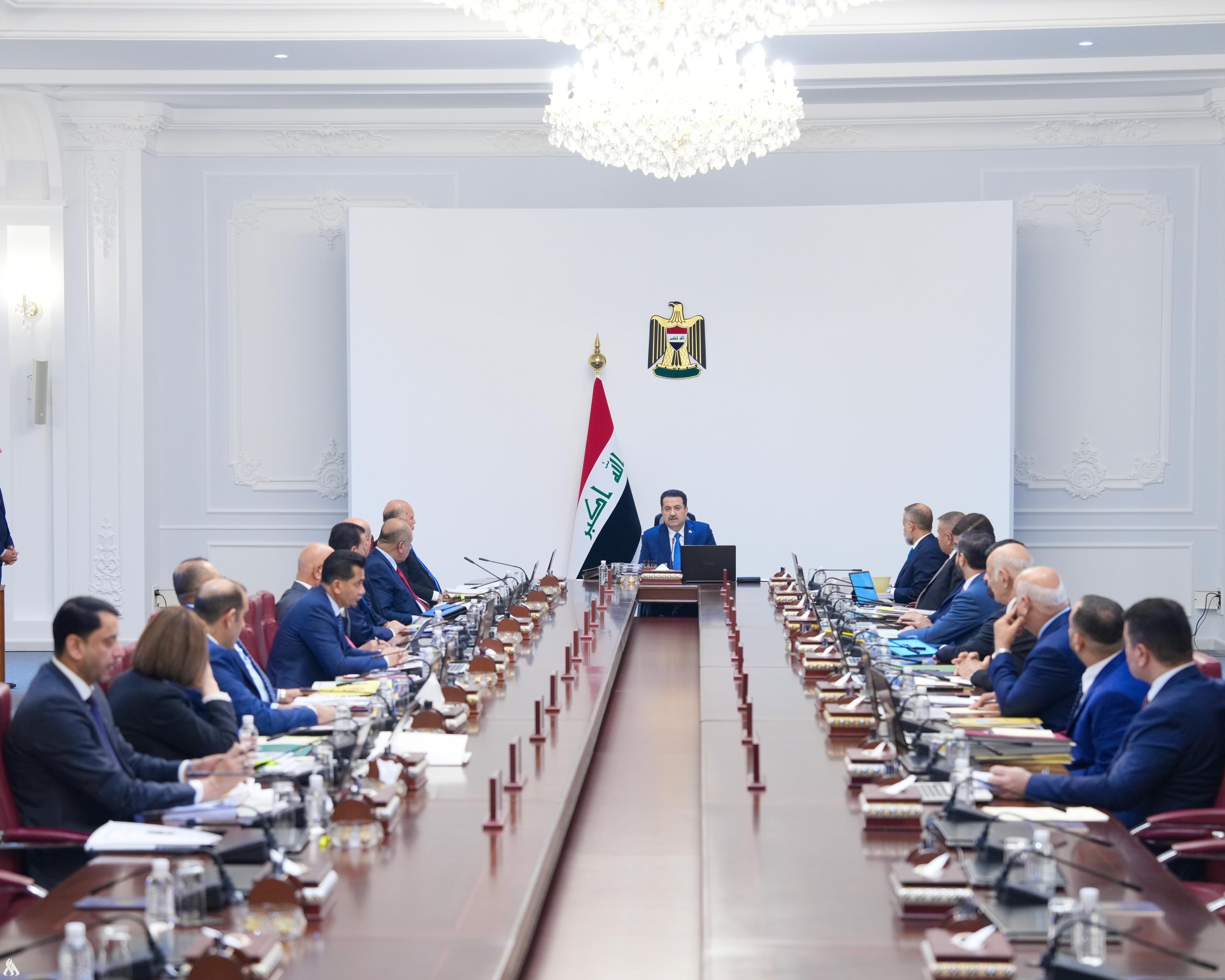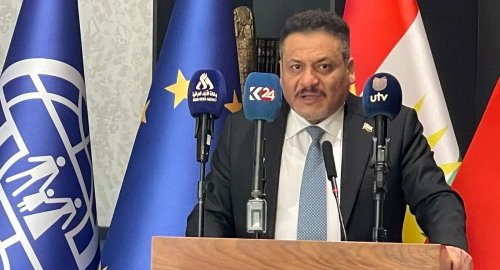
Agriculture Ministry: Integrated Support Project Creates 1,333 Jobs

- Today, 14:02
Baghdad – INA
The Ministry of Agriculture announced on Sunday, the successful outcomes of the Integrated Support Project, a collaboration with the International Organization for Migration (IOM), funded by the European Union. The project has generated 1,333 new jobs within Iraq's agricultural sector, reinforcing efforts to foster economic growth and stability in rural communities.
In a speech at the event titled “Integrated Support to Create Job Opportunities in Iraq through Developing Agricultural Value Chains and Financial Inclusion,” Muthaq Abdul-Hussein, Undersecretary of the Ministry of Agriculture, outlined the project's objectives: creating sustainable employment and enhancing agricultural value chains across Iraq. The project targets two primary groups.
The first group consists of entrepreneurs and businesses engaged in the agricultural value chain, particularly small and medium enterprises (SMEs) that contribute to job creation. This includes farmers, livestock producers, horticulturists, and food suppliers, all of whom play key roles in strengthening Iraq’s agricultural sector.
The second group involves financial institutions and relevant government departments focused on supporting SMEs and providing financial services. The project's ultimate beneficiaries are rural households and job seekers within the agricultural value chain, who have seen increased employment opportunities and improved job security, thereby contributing to greater stability in rural areas.
The project, which began on December 12, 2020, and is scheduled to run until December 11, 2024, is being executed in coordination with the Iraqi government and the European Union. A steering committee, including representatives from various ministries and the Kurdistan Regional Government, has been established to oversee its progress. The committee holds annual meetings to review results, provide recommendations, and ensure the project aligns with national development strategies.
Abdul-Hussein, who chairs the Steering Committee, expressed appreciation to the ministries, agencies, and the European Union for their critical roles in supporting agricultural initiatives that address climate change challenges and ensure long-term sustainability.
One of the project's major achievements is its support for 298 agricultural projects, with funding exceeding five million dollars through the Agricultural Development Fund (EDF-a). This has led to the creation of 1,333 new jobs in agriculture, including 43 projects led by women, underscoring the growing role of women in Iraq’s rural economy. In addition, four evaluations of agricultural value chains across nine governorates were conducted, identifying key needs and providing solutions for improved services.
Abdul-Hussein also highlighted the success of agricultural initiatives, such as date palm cultivation and poultry farming projects, which have positively impacted local communities, particularly in southern provinces most affected by climate change.
The BLOOM project has further supported regional prosperity by assisting the Kurdistan Regional Government and the Ministry of Labor in redistributing government loans to SMEs. Twenty-five projects benefited from the initial batch of loans, with additional applications being accepted for further funding.
On its partnership with VITAS, Abdul-Hussein explained that the organization has helped VITAS transition from a non-profit to a commercial enterprise, supporting numerous projects with investments in the millions of dinars. These projects have resulted in environmentally sustainable products, such as green agricultural loans.
Training and capacity-building efforts were also a key component of the project, with 789 entrepreneurs receiving intensive instruction in project management, business planning, financial management, marketing, and other essential skills. This training has equipped participants with the tools necessary to enhance project sustainability and attract investment.
Abdul-Hussein concluded by expressing his gratitude to the IOM and all involved teams for their dedication to achieving these results. He emphasized that the project’s success, along with its comprehensive report, could serve as a model for future government initiatives in the agricultural sector.
The Ministry of Agriculture remains committed to working with the IOM to further develop Iraq’s agricultural sector and ensure continued progress for rural communities.
President Rashid meets the US Ambassador to Iraq
- politics
- 04:50
